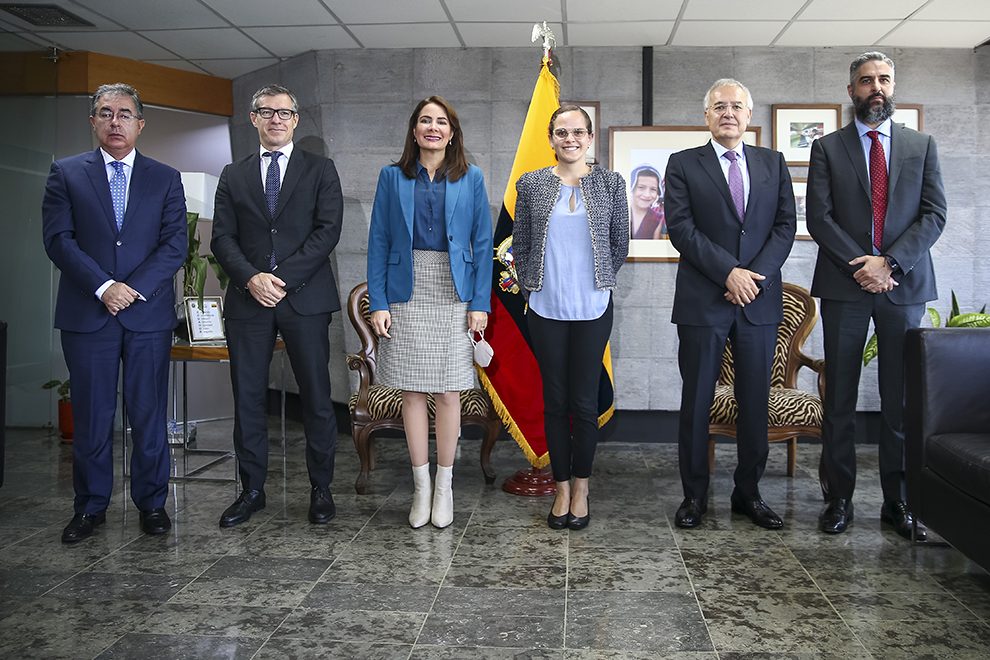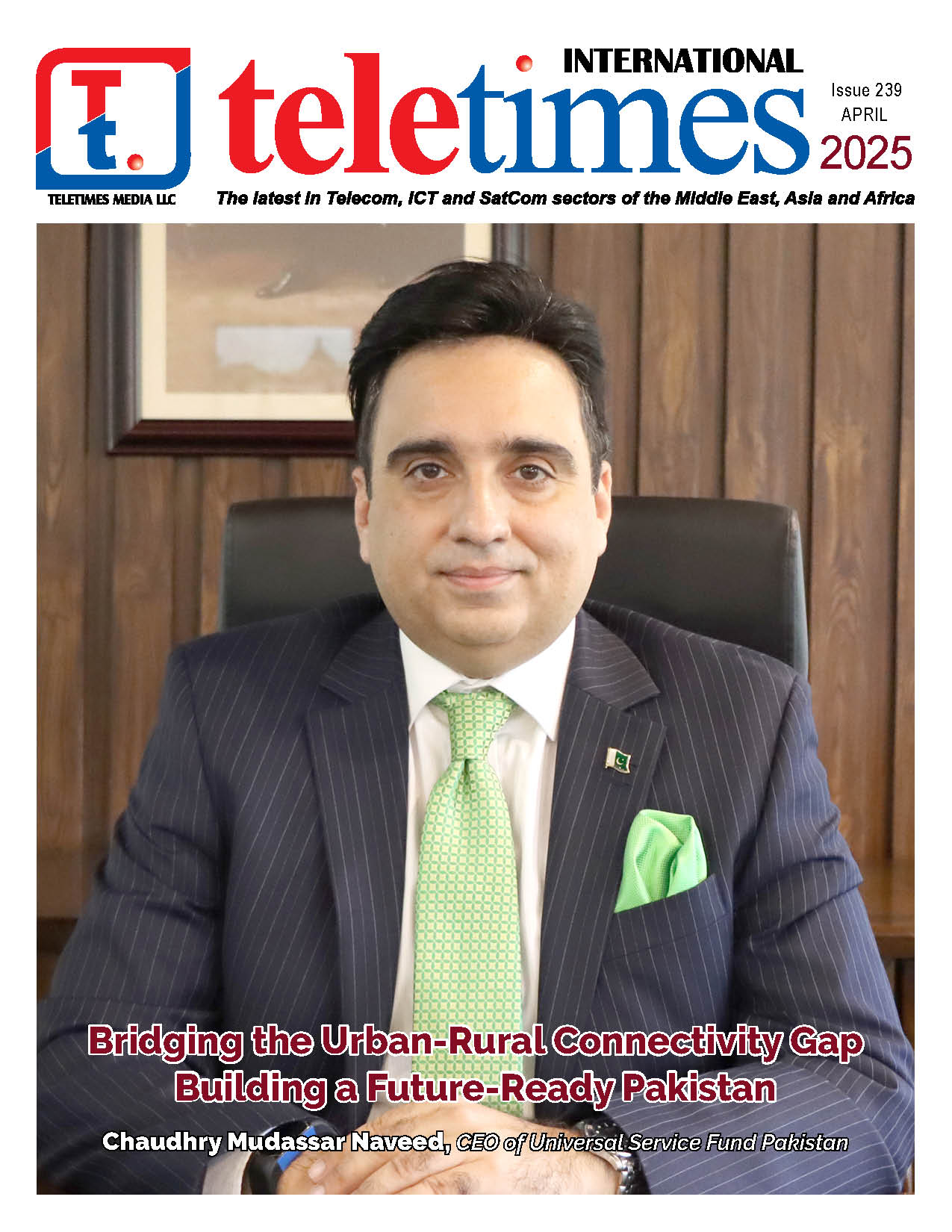HISPASAT, the Spanish satellite telecommunications operator of the Red Eléctrica Group, has delivered two pilot tele-education and telemedicine projects via satellite to the Ecuadorian government to help bridge the digital divide in remote areas of the country. This collaboration -carried out over the last few months with the Ministry of Telecommunications and the Information Society, the Ministry of Education, the Ministry of Public Health, and the Vice Presidency- has taken shape in two events that took place in the Ministry of Education and the Office of the Vice President of the Republic, with the presence of Vice President Alfredo Borrero; the Minister of Education, María Brown; the Minister of Telecommunications and the Information Society, Vianna Maino; and HISPASAT’s CEO, Miguel Ángel Panduro.
The pilot tele-education project will benefit more than 400 students from several schools located in remote areas of the country that lack connectivity, specifically: Rómulo Delgado (Carchi province), Andrés Mamallacta and CECIB San Luis (Orellana province), Escuela 16 de agosto (Morona Santiago province) and Jaime Elliot Educational Unit (Napo province). Thanks to this collaboration, HISPASAT will give these schools a satellite Internet service for a tele-education system that can store the educational contents provided by the Ministry of Education locally. This way, students can download this material on their devices and work with them at home. HISPASAT will also enable a WiFi connectivity service for the community, separate from the school’s WiFi network, which will allow other residents to go online and help students and teachers to access the Internet and their educational contents in the event that the school has to close temporarily. The pilot project is offered together with a technology classroom (made up of laptops for the professors, a cabinet to store and load the devices, an interactive digital panel, and a digital classroom software management program with logical security), tablets for the students, and a course for teachers on how to work with this innovative solution.
In addition, the pilot telemedicine project will include installing a remote teleconsultation system in the rural parish of Cuasha (province of Pastaza) and a monitoring system located in the General Hospital of Puyo. The teleconsultation system features a diverse medical team that provides examinations and diagnoses, along with a high-quality videoconference option, and it is all connected by satellite to the monitoring site. Thanks to this, the medical assistants in this parish can measure vital signs, perform electrocardiograms, and do skin, iris, throat and ear inspections for patients, with simple, real-time supervision from the specialists in the hospital.
Alfredo Borrero, vice president of Ecuador, stated that: “there are areas of Ecuador that are very difficult to access, which makes it impossible for patients to reach their health centers. Definitely, we must use those mechanisms, such as this telemedicine solution, that help us ensure a global access to health and that includes not only us doctors, but all health personnel in general.”
Likewise, María Brown, Minister of Education of Ecuador, added that “we thank HISPASAT for the dedication and effort in this project, because it demonstrates its commitment with Ecuador and the confidence that the government of the country awakens so that comprehensive development of our communities is attractive for private investment nationally and internationally. During these six months, the impulse provided by the Ministry of Telecommunications has made it possible to advance in a very positive way in the connectivity of our schools and rural communities thanks to public-private alliances like this one.”
Miguel Ángel Panduro, CEO of HISPASAT, added that “we have been working for years on bolstering Latin American society through telecommunications, especially in its poorly connected rural areas. That is why we are very proud to contribute today with these two pilot projects to improve education and healthcare in these remote towns and we are making ourselves available to the government of Ecuador to collaborate with them on new initiatives that help bridge the digital divide in the country.
Connectivity is a fundamental tool to promote equitable development in society. However, the differences in the infrastructure roll-out between the urban and rural world poses an obstacle for the most remote and disperse populations to have the same opportunities as the large cities concerning basic rights such as education and healthcare. According to a 2020 report by the Inter-American Development Bank, 46.1% of urban homes in Ecuador have Internet access, compared to only 16.6% of rural homes. Therefore, the use of satellite technology, which offers geographically independent universal coverage with a quick and simple roll-out, is the ideal instrument to extend high-quality connectivity across the country immediately and efficiently in order to provide fundamental services like those provided in these pilot projects.












